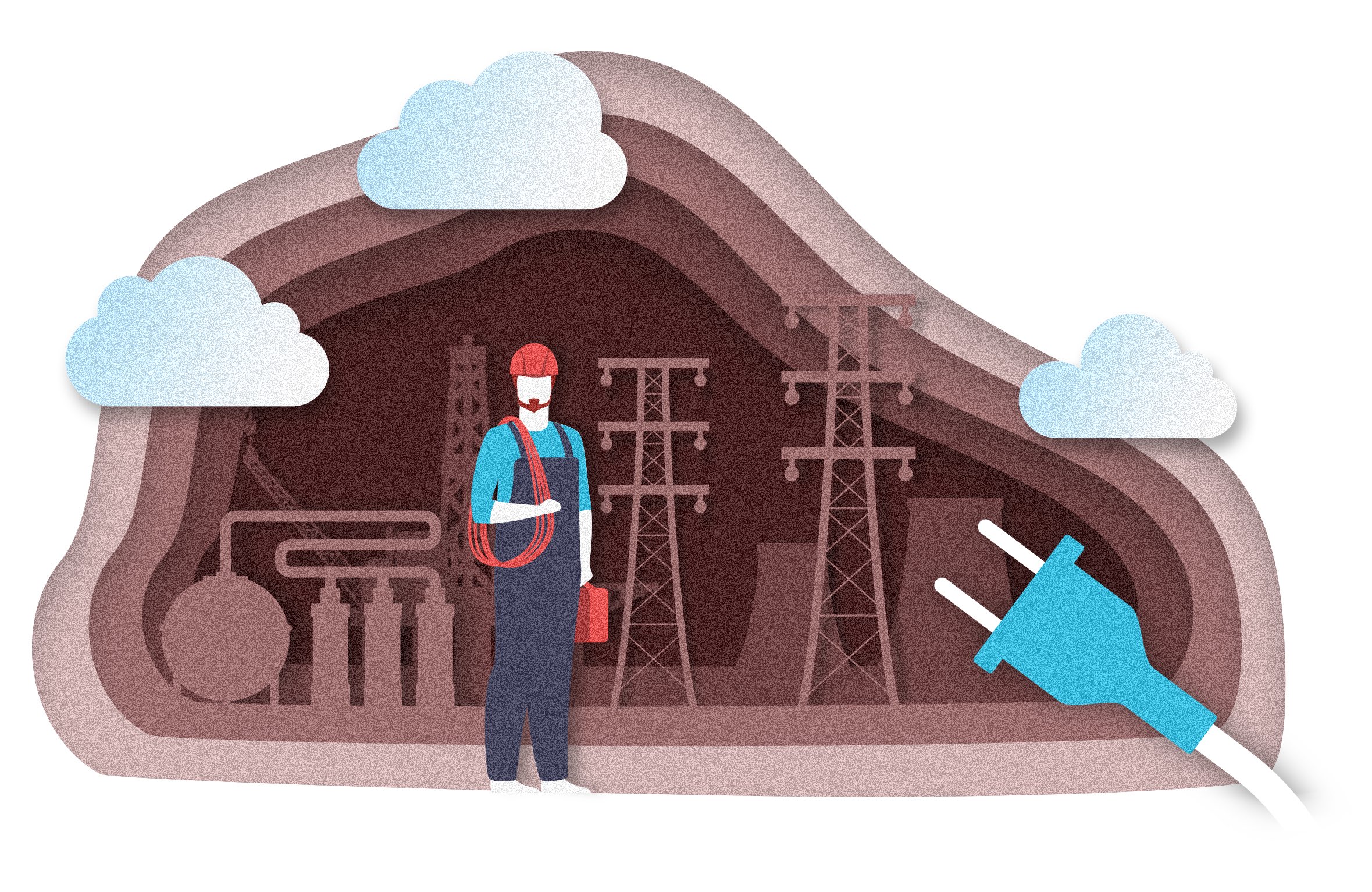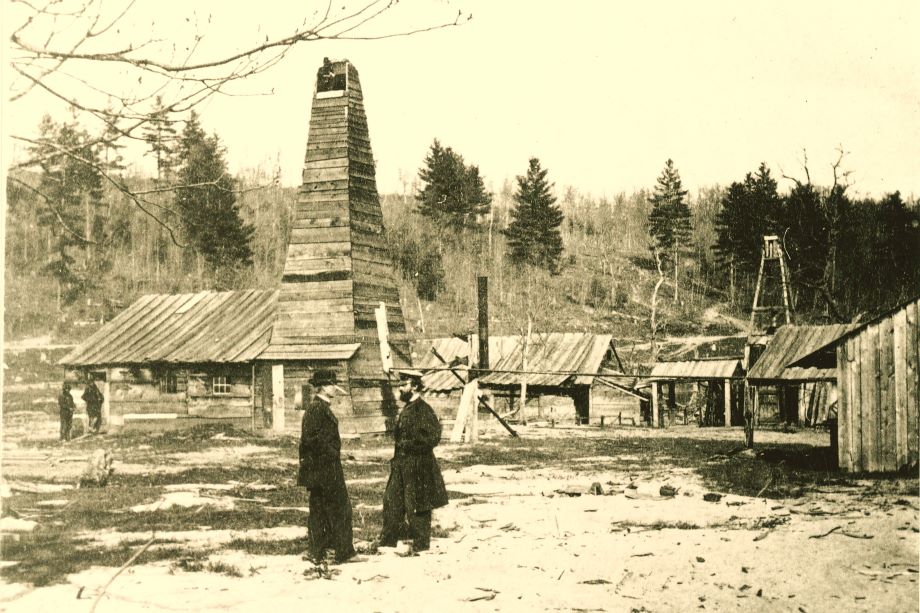Quantum Computing Remains a Top Priority with new National Science Foundation Fellows Program
Quantum Computing Remains a Top Priority with new National Science Foundation Fellows Program
The National Science Foundation (NSF) recently announced its new Quantum Computing and Information Science Faculty Fellows (QCIS-FF) program aimed at developing a “well-trained workforce capable of pursuing advanced research and development in quantum technologies.” The goal of the program is to grow the academic research capacity of America’s workforce in advanced quantum computing and/or communication. The program aims to accomplish this through more targeted hiring of tenure-track and tenured educators in quantum computing.
The QCIS-FF program is part of NSF’s 10 Big Ideas initiative that started in 2016. The initiative is a set of 10 long-term research and process ideas that identify areas for future investment at the frontiers of science and engineering. The QCIS-FF program falls under the “Quantum Leap: Leading the Next Revolution” goal that seeks to advance quantum technologies, including quantum computing, quantum communication, quantum simulations and quantum sensors. Quantum science has seen an elevated profile in recent months with the Trump administration listing it as a top priority following a summit on the topic earlier this fall. The NSF has already granted $31 million in awards through the Research Advanced by Interdisciplinary Science and Engineering (RAISE)-Transformational Advances in Quantum Systems (TAQS) effort and $6 million for quantum research and technology development as part of the RAISE-Engineering Quantum Integrated Platforms for Quantum Communication (EQuIP) effort.
Funding for the QCIS-FF program includes full academic year salary plus benefits of newly hired tenure-track or tenured faculty for up to three years. Proposals must specifically address the following points:
- The commitment of the department, school, and university to building, growing, and sustaining a long-term interdisciplinary effort in QCIS;
- The integration of the quantum faculty with the rest of the department;
- How the new hire enhances cross-departmental research collaborations such as those across physics, mathematics, material sciences, electrical engineering, and computer and information science;
- How the new hire enables creation and support of educational programs in QCIS, including cross-disciplinary course offerings at both the undergraduate and graduate levels.
For further information about the QCIS-FF program and to apply, click here: https://www.nsf.gov/pubs/2019/nsf19507/nsf19507.htm?WT.mc_id=USNSF_25&WT.mc_ev=click
For further information about the NSF’s 10 Big Ideas Initiative, click here: https://www.nsf.gov/news/special_reports/big_ideas/index.jsp




